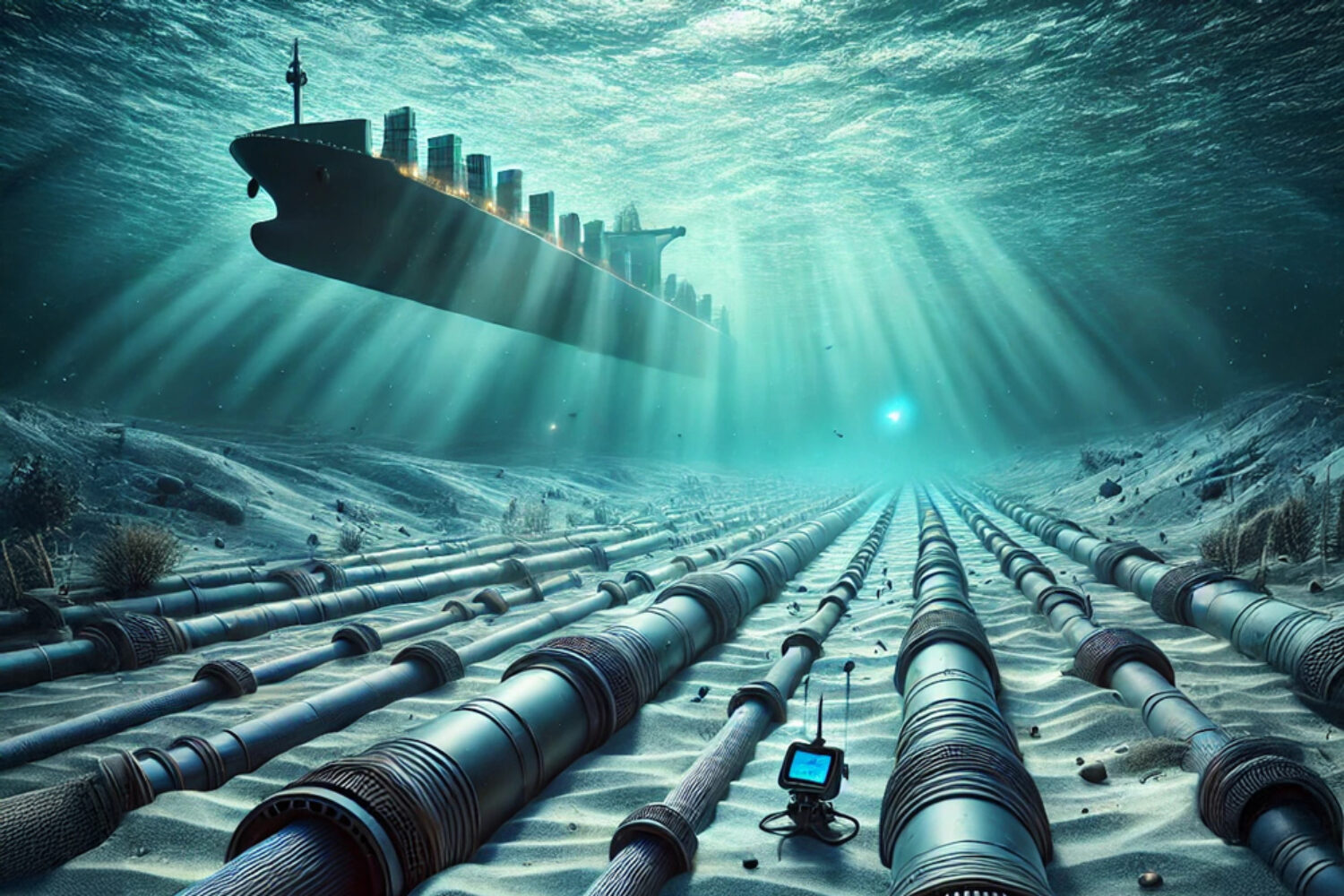In view of increased damage to submarine cables in the Baltic Sea, the coastal states are considering introducing a charge for ships.
The Baltic Sea, one of the busiest shipping routes in the world, is particularly susceptible to damage to telecommunications cables, power lines and gas pipelines due to its intensive use by around 4,000 ships every day. Incidents of suspected sabotage in which ship anchors damaged critical infrastructure have further heightened safety concerns.
To better protect the cables, NATO is planning to deploy frigates, patrol aircraft and drones. The countries bordering the Baltic Sea are also discussing technical measures such as sensors to detect anchors on the seabed and the construction of protective devices around the cables.
However, these protective measures are associated with considerable costs. One possible solution could therefore be the introduction of a fee for ships passing through the Baltic Sea or the Danish straits – comparable to airport or insurance fees in air traffic.
It is still unclear who will ultimately bear the costs: the states, the operators of the submarine cables or indirectly the consumers through higher taxes or energy prices? Around 150 submarine cables are damaged worldwide every year, but the shallow and heavily frequented Baltic Sea is considered to be particularly at risk. (rup)













